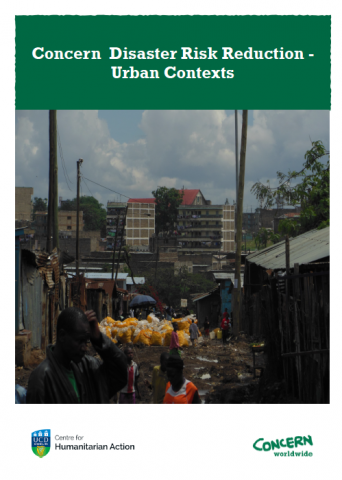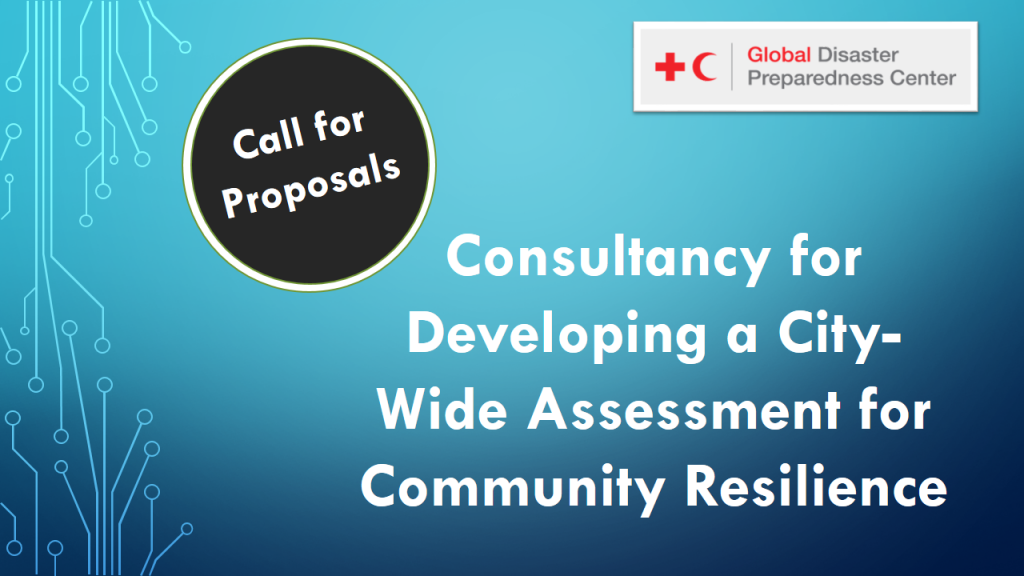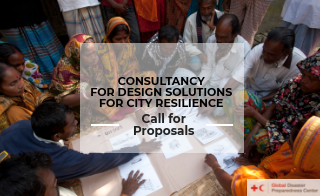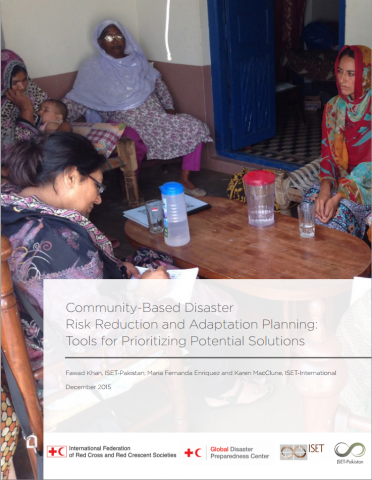Targeting Guidance for Urban Humanitarian Response
A Review of Needs Assessment Tools, Response Analysis Frameworks, and Targeting Guidance for Urban Humanitarian Response This desk review was produced by the Stronger Cities Initiative Consortium, which is part of the Urban Crises Learning Fund. The consortium is funded by DFID and managed by the International Institute for Environment and Development (IIED) and was established to: (i) Improve how stakeholders in urban crises engage […]
Targeting Guidance for Urban Humanitarian Response Read More »




